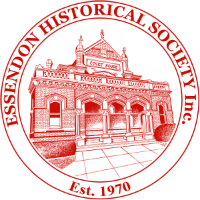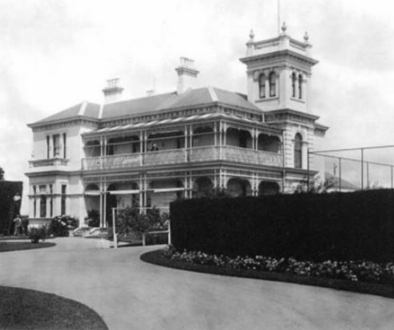A man who kept Australia’s secrets
HERBERT WILLIAM RUSHEN (1914-2014)
Bert Rushen played a significant role in Intelligence during and after World War II. In May 1942, Bert joined the Special Wireless Group and by July 1942 he was in Darwin working with Signals Intelligence.
Bert had early success in reading and interpreting the intercepted Japanese ciphers. He alerted his superiors to the build-up of enemy aircraft at Kupang, Timor, as they were preparing a major attack on Darwin. His intelligence analysis led to a prompt deployment of Australian and American aircraft to attack the Japanese aircraft in Kupang, thereby preventing an enemy raid on Darwin.
His distinguished wartime career, resulting in his advancement to Captain serving in New Guinea and in the Philippines in Central Bureau which supported General Douglas MacArthur. After the war Bert took up a civilian role in the Defence Signals Bureau, now the Australian Signals Directorate. The Bletchley Park medal was awarded to Bert by former U.K. Prime Minister Gordon Brown.
He was born in Ascot Vale, attended Essendon High School and played cricket for the Essendon Cricket Club and football with the Essendon Football Club seconds.
The EHS is grateful to the Rushen Family for donations and information on Bert.
Other significant Moonee Valley service personnel are featured in an earlier post.


